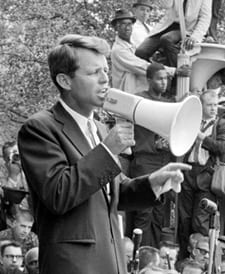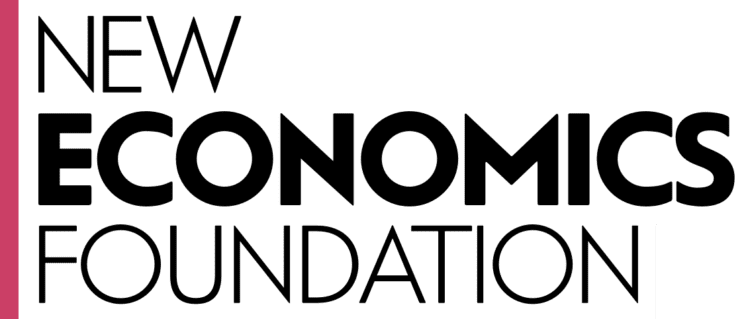When value for money is paramount, society should have an understanding of value for money that includes social and environmental outcomes alongside economic costs and benefits. The New Economics Foundation was integral to the development of the SROI methodology.
Valuing what matters
How do we measure the things that make life worthwhile? Giving monetary values to social and environmental outcomes allows politicians, organisations and businesses to make better decisions, and maximise the impact of their work.
Social Return on Investment captures monetary returns, but also social and environmental returns. It is these ‘profits’ that change the world for the better.
Monetisation and Social Return on Investment (SROI)
Our work using the SROI methodology
In our methodology we follow the seven principles:
1. Involve stakeholders – Inform what gets measured and how this is measured and valued in an account of social value by involving stakeholders.
2. Understand what changes – Articulate how change is created and evaluate this through evidence gathered, recognising positive and negative changes as well as those that are intended and unintended.
3. Value the things that matter – Making decisions about allocating resources between different options needs to recognise the values of stakeholders. Value refers to the relative importance of different outcomes. It is informed by stakeholders’ preferences.
4. Only include what is material – Determine what information and evidence must be included in the accounts to give a true and fair picture, such that stakeholders can draw reasonable conclusions about impact.
5. Do not over-claim – Only claim the value that activities are responsible for creating.
6. Be transparent – Demonstrate the basis on which the analysis may be considered accurate and honest, and show that it will be reported to and discussed with stakeholders.
7. Verify the result – Ensure appropriate independent assurance.
Download the full guide on the seven principles here.
For examples of our work and case studies where we have used the SROI methodology, search the website using the general search facility at the top of the page. Examples include:
- Prince’s Trust: Testing the theory of change and building a socio-economic measurement and valuation model
- International HIV Aids Alliance: Value for money of community-based response
Resources
Social Return on Investment. Valuing what matters
This report shows how a tool piloted in the UK by the New Economics Foundation can be used to measure the financial value of social and environmental as well as economic returns.
“Our gross national product… counts air pollution and cigarette advertising and the loss of our natural wonder in chaotic sprawl… It measures neither our wit nor our courage, neither our wisdom nor our learning; neither our compassion nor our devotion to our country, it measures everything, in short, except that which makes life worthwhile.”
Robert Kennedy, University of Kansas, 18 March 1968
(abridged from the full speech)

